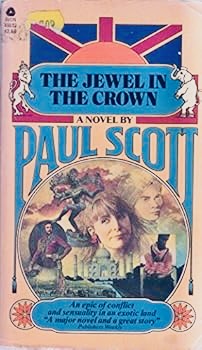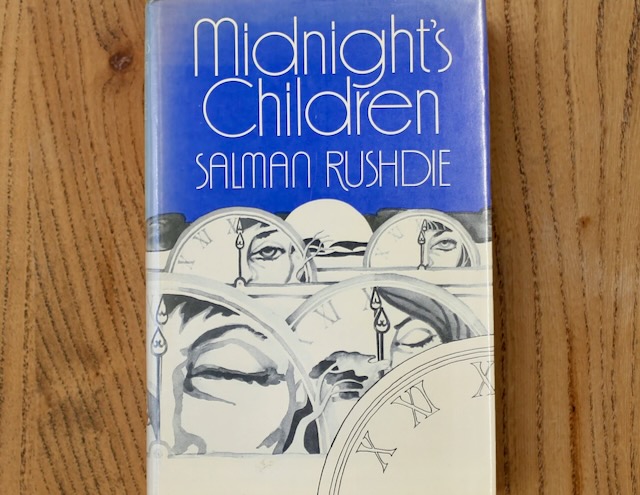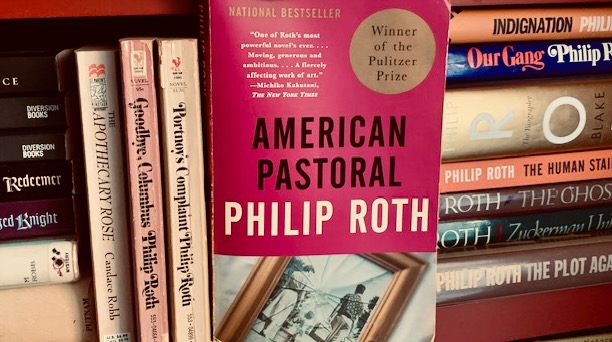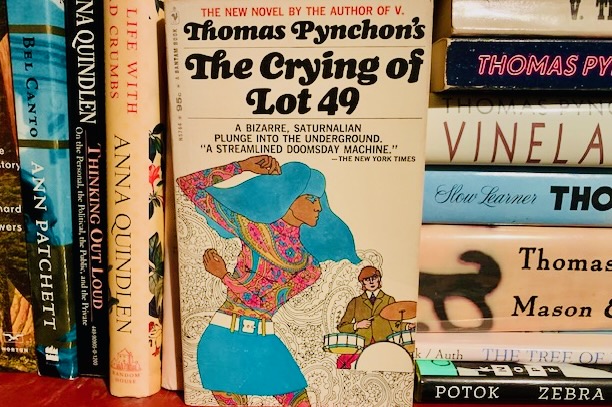https://www.merlinsilk.com/neologism/ Paul Scott, the British author of thirteen novels, only began writing seriously in his forties, when he quit his job as a literary agent (he had represented such stars as Arthur C. Clark and Muriel Spark) and received a stipend to return to India (where he had served in the British army during the Second… Continue reading Paul Scott’s “The Jewel in the Crown”
Author: Jay Ruud
J.D. Salinger’s “The Catcher in the Rye”
https://www.petwantsclt.com/petwants-charlotte-ingredients/ When I think of J.D. Salinger’s The Catcher in the Rye, one of the first things that comes to mind is how often people have tried to ban it. I suppose that’s because when I first read the novel in high school, it was the number one banned book in schools and libraries in the United… Continue reading J.D. Salinger’s “The Catcher in the Rye”
Dorothy Parker’s “Incurable”
Robert Frost’s “Acceptance”
Joy Harjo’s “Once the World Was Perfect”
Frank X. Walker’s “Mrs. Butterworth, Uncle Ben, & Aunt Jemima”
Samuel Taylor Coleridge’s “Dejection: An Ode”
Salman Rushdie’s “Midnight’s Children”
My guess is that most readers, on hearing the name Salman Rushdie, think first of the furor that accompanied the publication of his 1988 novel The Satanic Verses—the rage of Muslim extremists who saw the book as blasphemous in its treatment of the Prophet Muhammed. The book was subsequently banned in twenty different nations, including India,… Continue reading Salman Rushdie’s “Midnight’s Children”
Philip Roth’s “American Pastoral”
Before his death in 2018 at the age of 85, Philip Roth had for decades been touted for the Nobel Prize in literature. As one of America’s most prolific and highly regarded novelists, and a favorite of odds-makers projecting the award’s winners, Roth had a right, or at least a hope, to expect the award… Continue reading Philip Roth’s “American Pastoral”
Thomas Pynchon’s “The Crying of Lot 49”
After the towering critical success of his first three novels, Thomas Pynchon was being considered by some, in the 1970s, as America’s greatest living writer. It’s true that, like his fellow early post-modernist John Barth, his reputation has declined significantly over the past forty years or so—though perhaps not as precipitously as Barth’s since his… Continue reading Thomas Pynchon’s “The Crying of Lot 49”










